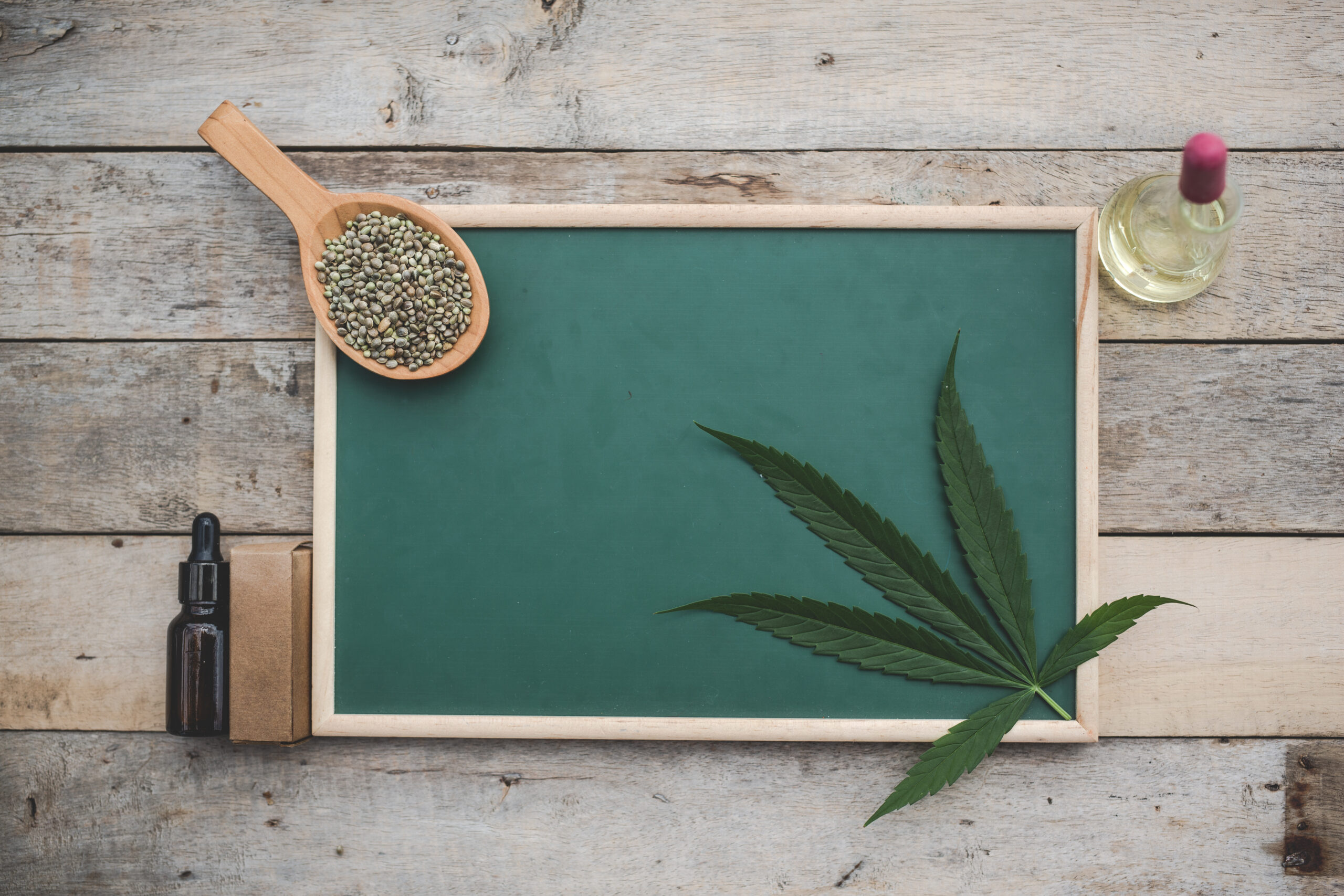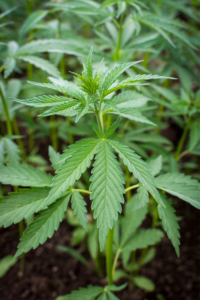When examining CBD advertisements, it becomes apparent that direct claims about the product’s benefits are often absent. Terms like “may,” “could,” and “might” are commonly used to describe the potential advantages of CBD products. This cautious approach is not a deceptive tactic; in fact, it could be argued that those making direct claims might be engaging in misleading practices. Several factors contribute to the restrictions on making claims about CBD, and understanding them is crucial.
Inadequate Research
Research on CBD and its interaction with the Endocannabinoid System (ECS) remains relatively limited. The recent discovery of CBD and the ECS, coupled with the relatively short time CBD has been legally available in the US, has hindered extensive scientific exploration. Moreover, government agencies responsible for publishing research data appear to be proceeding at a measured pace. With only around 80 years since CBD’s discovery, 24 years since the identification of the ECS, and just 2 years since the federal legalization of CBD through the 2018 Farm Bill, much of the research conducted so far has focused on animal testing.
Animal studies have shown promising results regarding inflammation, pain relief, and seizure reduction, suggesting potential benefits for humans in ongoing and future trials. While these tests provide hope, the impact of CBD on mood and other neurological and psychological effects in humans requires further investigation.
FDA Recognition
The FDA currently does not recognize CBD as approved for human consumption, primarily due to the lack of comprehensive statistical data derived from human trials. It is worth noting that many of the potential claims associated with CBD’s benefits could pose a significant challenge to large pharmaceutical companies, commonly known as “Big Pharma.” Suspicions of a corrupt relationship between Big Pharma and the FDA have further fueled skepticism regarding the FDA’s stance. Although the reasons behind the FDA’s reluctance are complex, it is reasonable to assume that this relationship could influence their decision-making process. As a result, the FTC has taken action against several CBD companies for making claims about medical benefits, levying fines to ensure compliance with advertising regulations.
Navigating the Regulatory Landscape
While the FDA’s recognition of CBD may be currently withheld, ongoing studies will eventually contribute to a more comprehensive understanding of its potential benefits. The FTC can enforce advertising regulations, but it cannot impede freedom of speech protected by the First Amendment. At 812 Hemp, we acknowledge the limitations on making medical claims about our products. However, we are committed to sharing reviews and testimonials from our customers, allowing their experiences to speak for themselves. In the United States, the collective opinions of the majority ultimately shape the prevailing narrative.
The landscape surrounding CBD claims is complex and multifaceted. Inadequate research and the FDA’s cautious approach contribute to the restrictions on making direct claims about CBD’s benefits. While ongoing studies hold promise for uncovering the full potential of CBD, navigating the regulatory landscape requires adherence to advertising regulations and a commitment to transparency. At 502 Hemp, we prioritize customer feedback and testimonials, allowing our products to demonstrate their value. As the research progresses, a clearer understanding of CBD’s benefits will emerge, benefiting both consumers and the industry as a whole.



